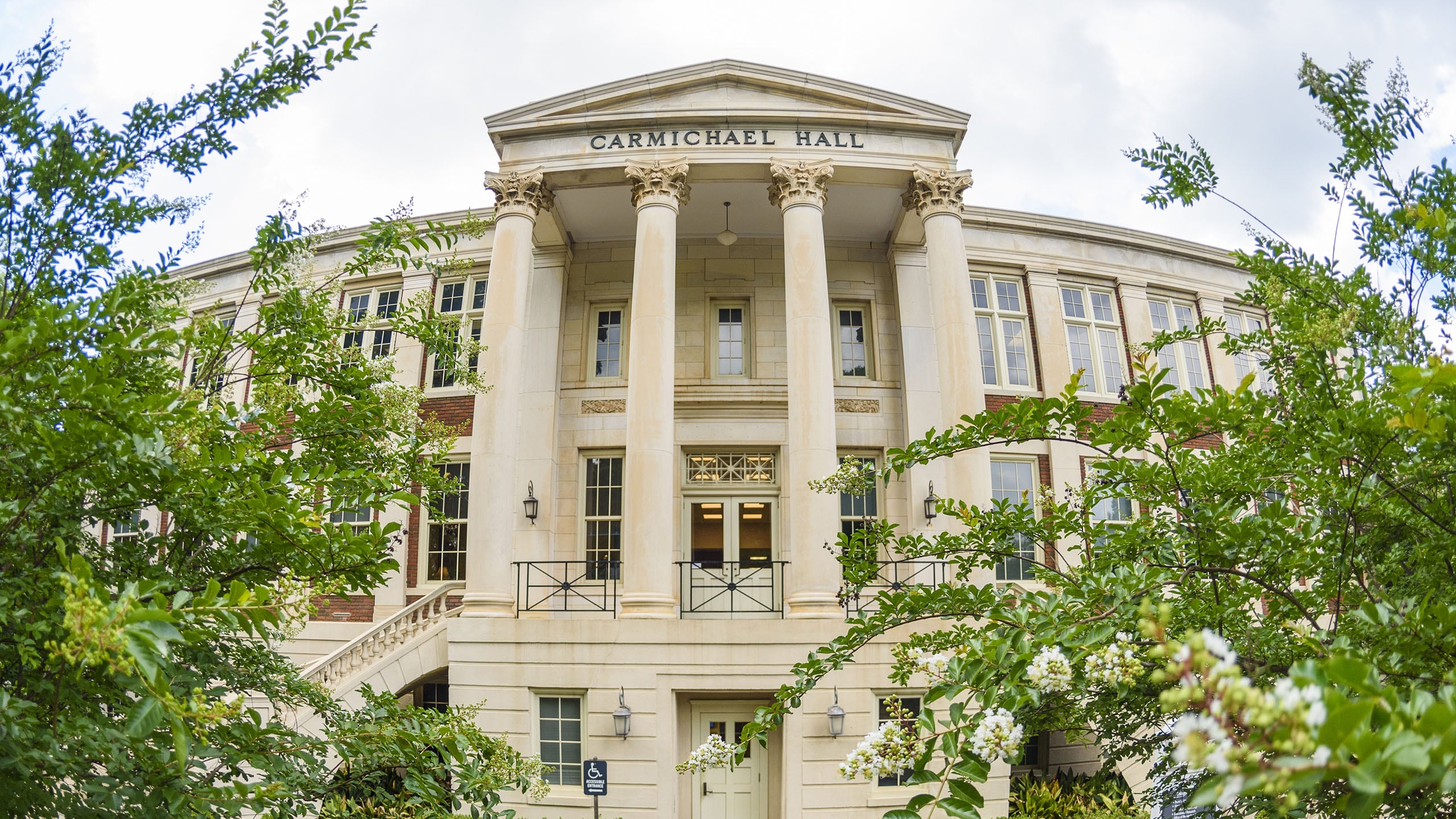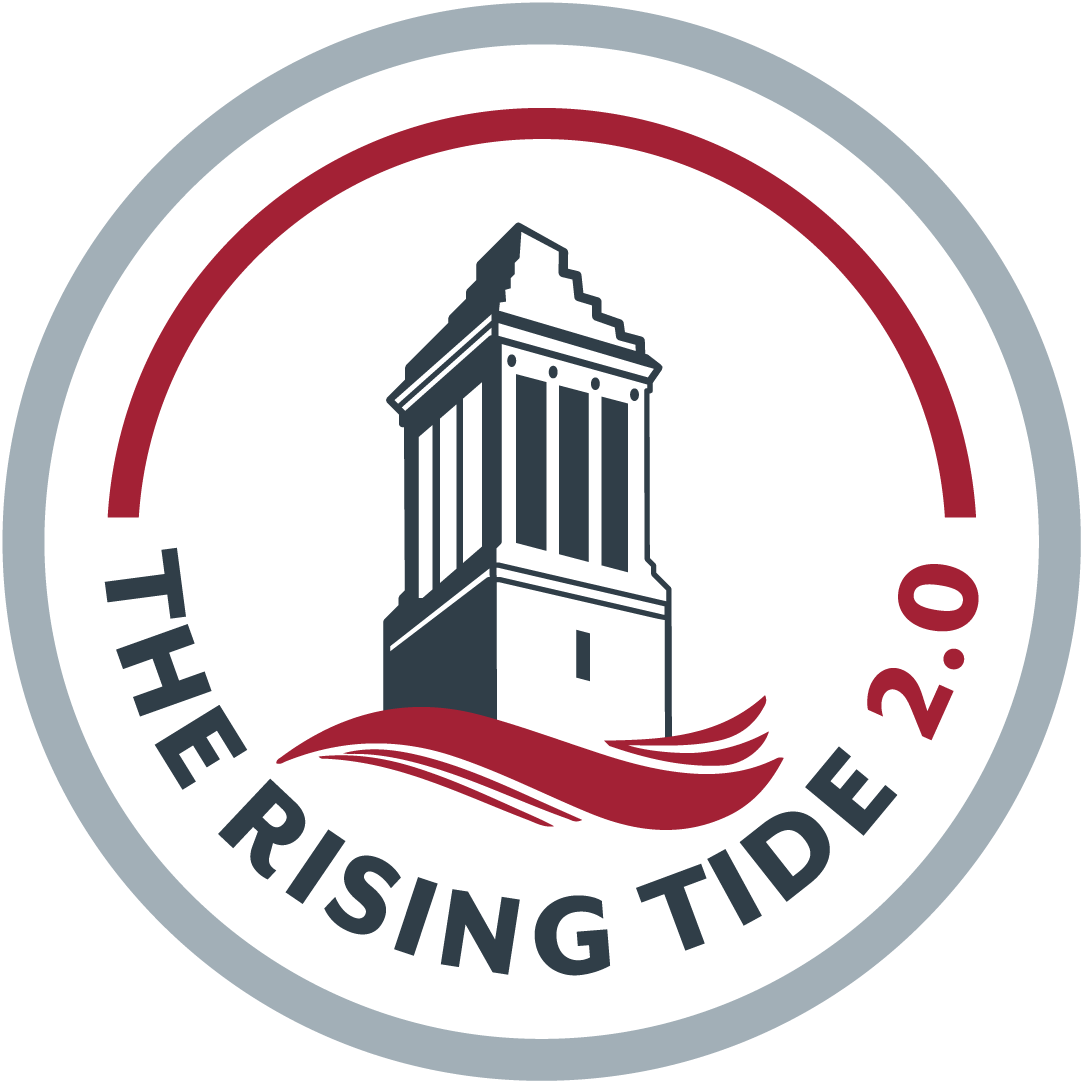According to the National Center for Educational Statistics (NCES), 21%of adults in the United States (about 43 million) fall into the illiterate/functionally illiterate category (2021). This means that about one in five U.S. adults (21%) have low literacy skills, translating to about 43.0 million adults. An estimated 14.8% (or 73,000 individuals) of the population of Alabama is illiterate.
Dean Peter Hlebowitsh believes that literacy is the key to school success: “The College of Education aims to activate a literacy intervention that focuses on preschool children and their parents and on documented struggling readers in the early elementary school grades. The idea is to target the home environments of preschool children through parent education programs that offer practical ideas on how to strengthen the linguistic environment of the home in ways that invest in the early literacy skills of children and to provide a school-based intervention that accelerates the progress of children already lagging in reading achievement.”
The Belser-Parton Literacy Center works in west Alabama with outreach to the Black Belt region of Alabama, a rural and disproportionally underserved area with very low parent education and reading achievement levels. The Center engages UA students in offering after school assistance to children experiencing reading difficulties, and offers workshops and professional development opportunities to current teachers. The Center provides year-round enrichment programs for lower SES students who suffer decrements in performance over the summer.
Recent graduates, Lauren Rollins and Elizabeth Michael, helped run numerous literacy initiatives and teacher support projects in Tuscaloosa-area schools and in nearby Pickens County through the Center.
“It’s vital,” Lauren said, “for the center to be a hub for teachers, parents and home-schooling networks, and to make their research more meaningful for their audiences.”
Both Lauren and Elizabeth cited the center’s work in Pickens County as the most enriching and influential of their experiences at the center.
The Center was awarded a $250,000 research grant from the Alabama State Department of Education (ALSDE) to longitudinally examine teacher knowledge of early literacy instruction and relationship with professional development opportunities offered by ALSDE in response tot he Alabama Literacy Act. This work will provide deliverables and recommendations at the district level to support literacy professional development opportunities, in addition to informing ALSDE and the AL Literacy Task Force’s state-wide policy recommendations.
“The idea is that if the College can help young people become better readers, other advancements would follow, including higher graduation rates, more invested citizenship and family development,” continued Hlebowitsh.
Supporting the Center and the work it does with literacy intervention means supporting young people of Alabama and lowering the illiteracy rate of Alabama.

